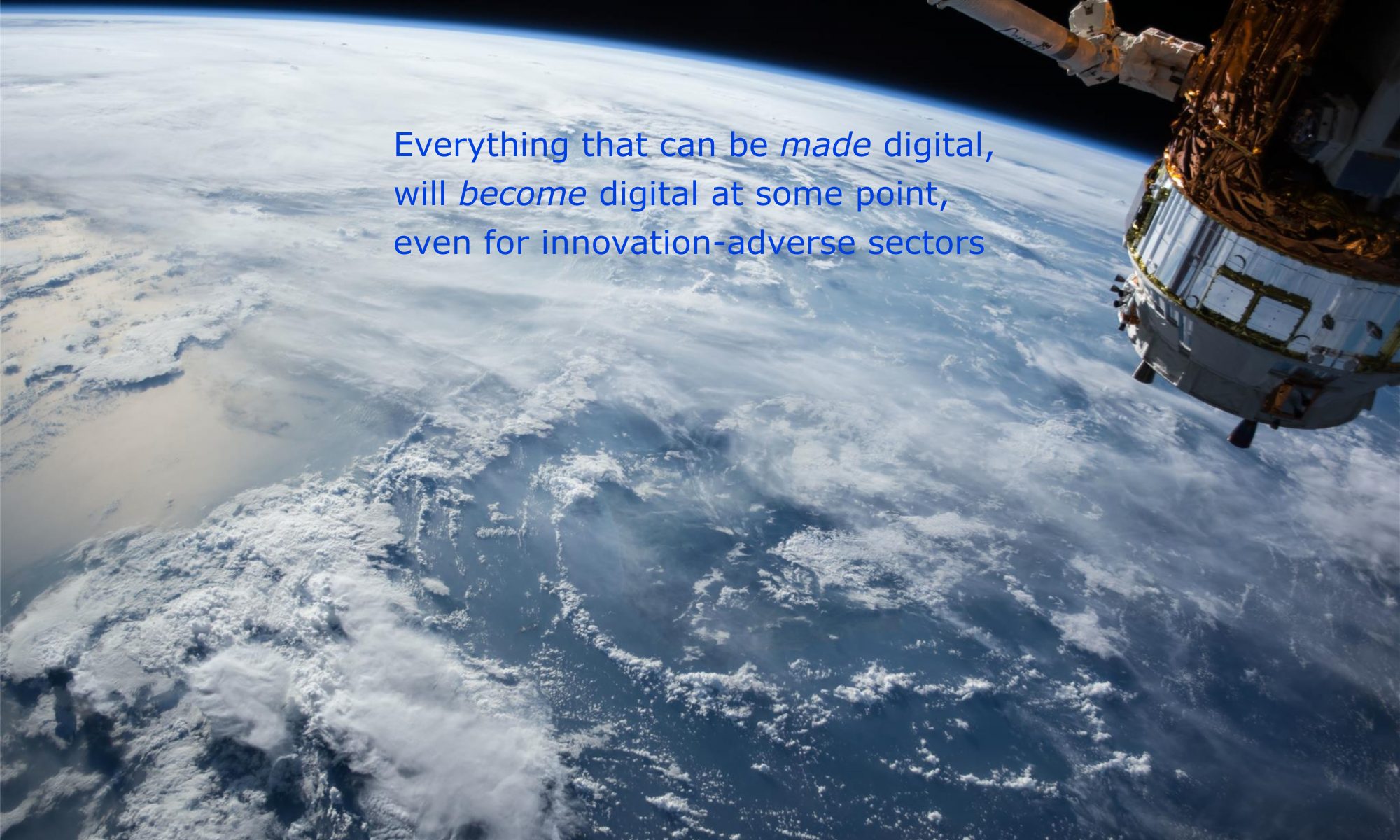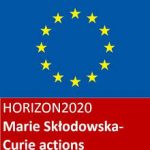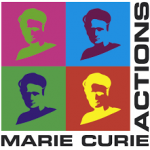
Space-borne Synthetic Aperture Radar (SAR) data have been recently applied to monitor not only natural hazardous phenomena, such as earthquakes, subsidence and landslides, but even structural health of buildings and infrastructure.
STEADY Project is aimed to use SAR data to monitor dam structural health and, even more, to apply an innovative approach, exploiting deformation fields as a starting point to re-create a simplified analytical model, providing preliminary hints about the stress-strain status of the dam in a short time if compared with traditional finite element models.
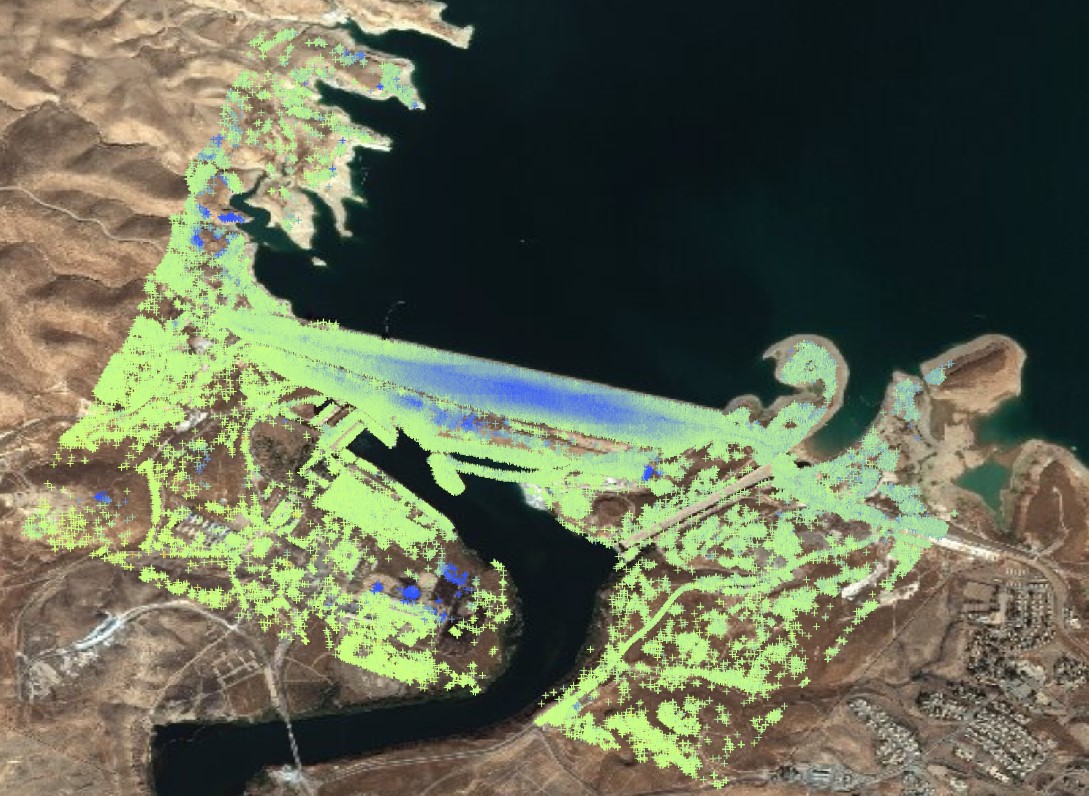
The relevance of this process emerges when environmental or logistic conditions do not allow monitoring dams through traditional geodetic and numerical techniques. In such cases, results obtained from SAR data combined with an analytical model constitute a reliable diagnostic tool of dam structural health to avoid any extraordinary failure that may lead to loss of lives. The method will be tested on some real cases, as the Iraqi Mosul dam and the Turkish Ataturk dam.
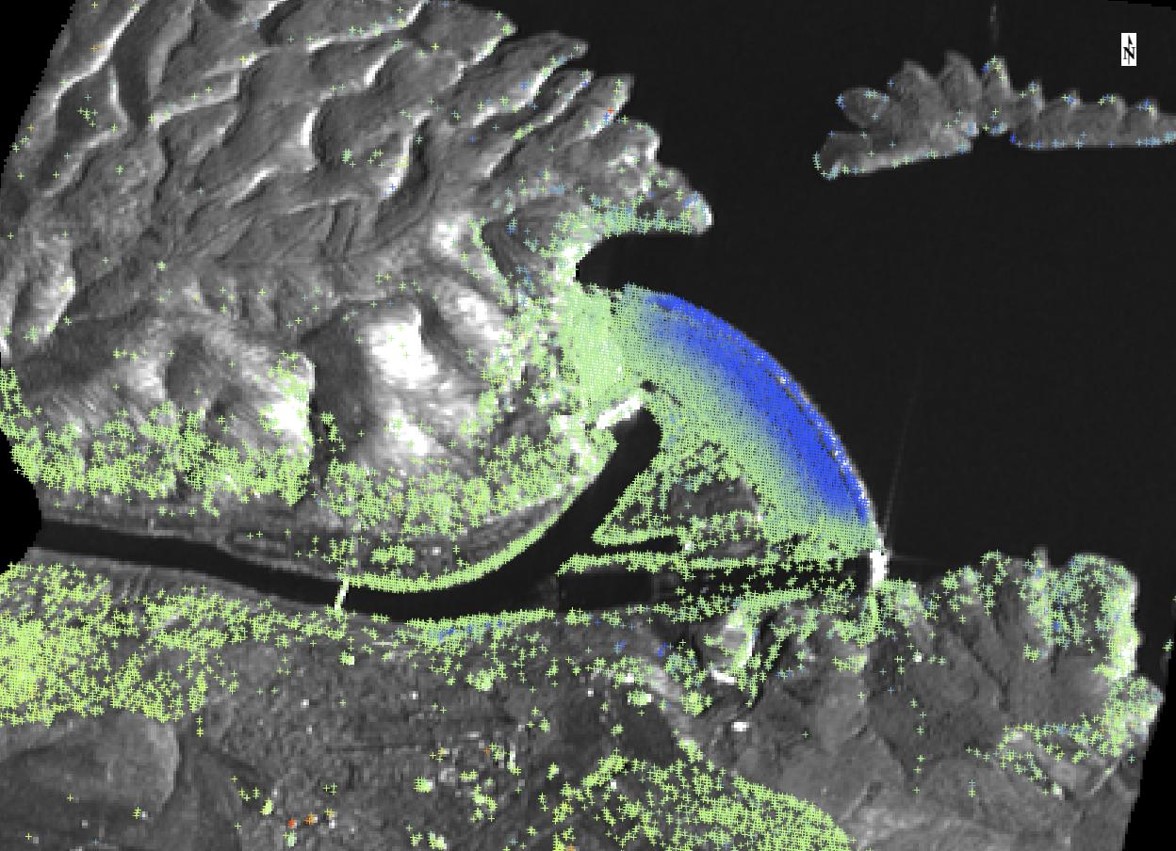
Further cases will be consider to verified the applicability of this monitoring system.
STEADY project has received funding from the European Union’s Framework Programme for Research and Innovation Horizon 2020 (2014-2020) under the Marie Skłodowska-Curie Grant Agreement No.[752363-STEADY], Individual Fellowships (IF) Call: H2020-MSCA-IF-2016 (https://cordis.europa.eu/project/rcn/209049_en.html).
Starting date: 1.05.2017
End date: 30.04.2019
Marie Skłodowska-Curie Fellow: Giulia Tessari
Coordinator: Paolo Pasquali, sarmap SA
Marie Skłodowska-Curie Actions (MSCA)
Marie Skłodowska-Curie Actions (MSCA) are research opportunities for training and career development made available within the European Union’s Framework Programme for Research and Innovation Horizon 2020 (2014-2020).
The actions are based on a “bottom-up” approach, where individuals and research organisations working in any area of research are invited to apply for funding.
Aim of MSCA is to support the career development and training of researchers, with a focus on innovation skills, in all scientific disciplines. New skills and a wider range of competences are acquired promoting mobility between countries and contacts between academia and other sectors, especially business (http://ec.europa.eu/research/mariecurieactions/index_en.htm).
